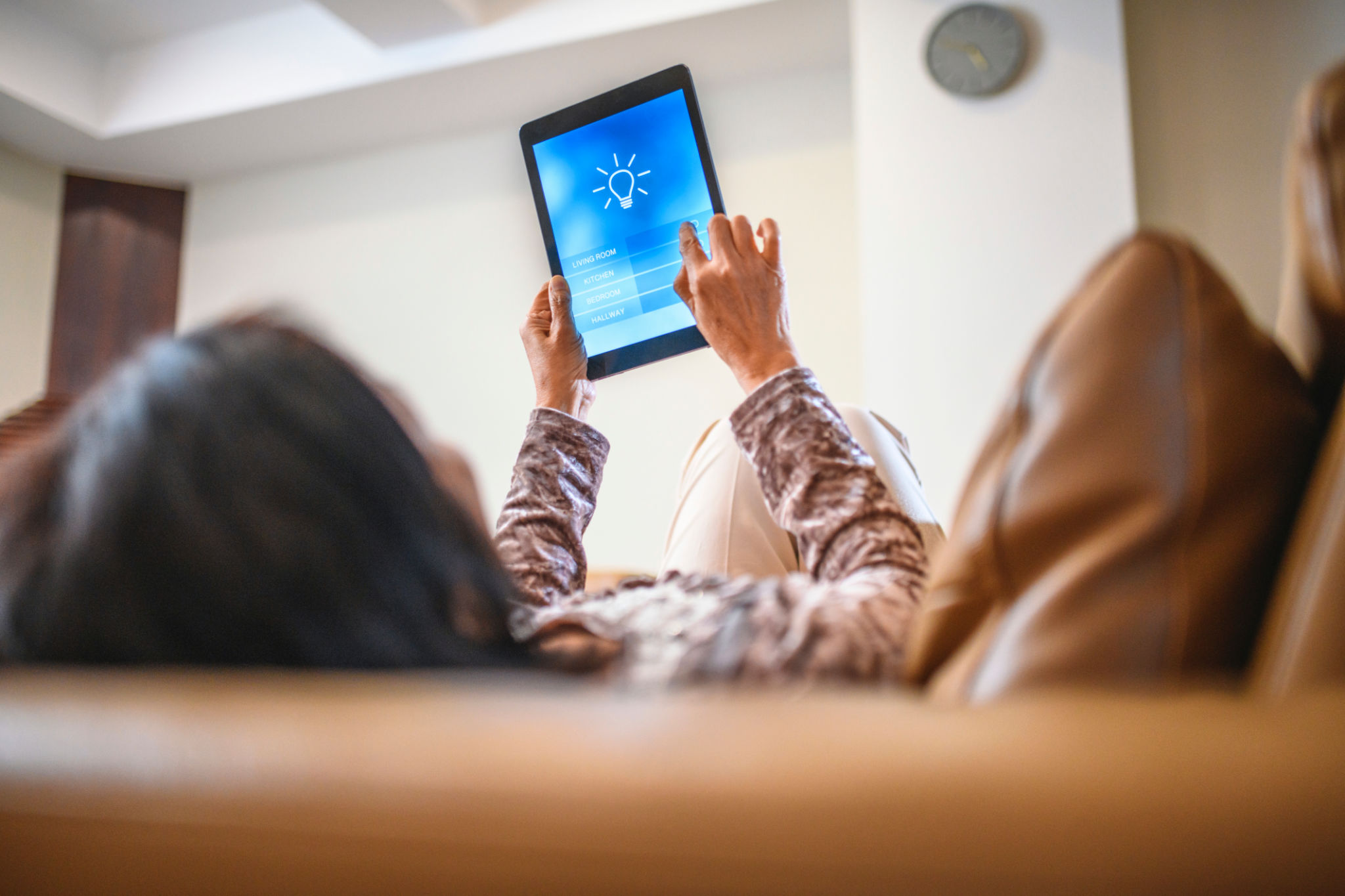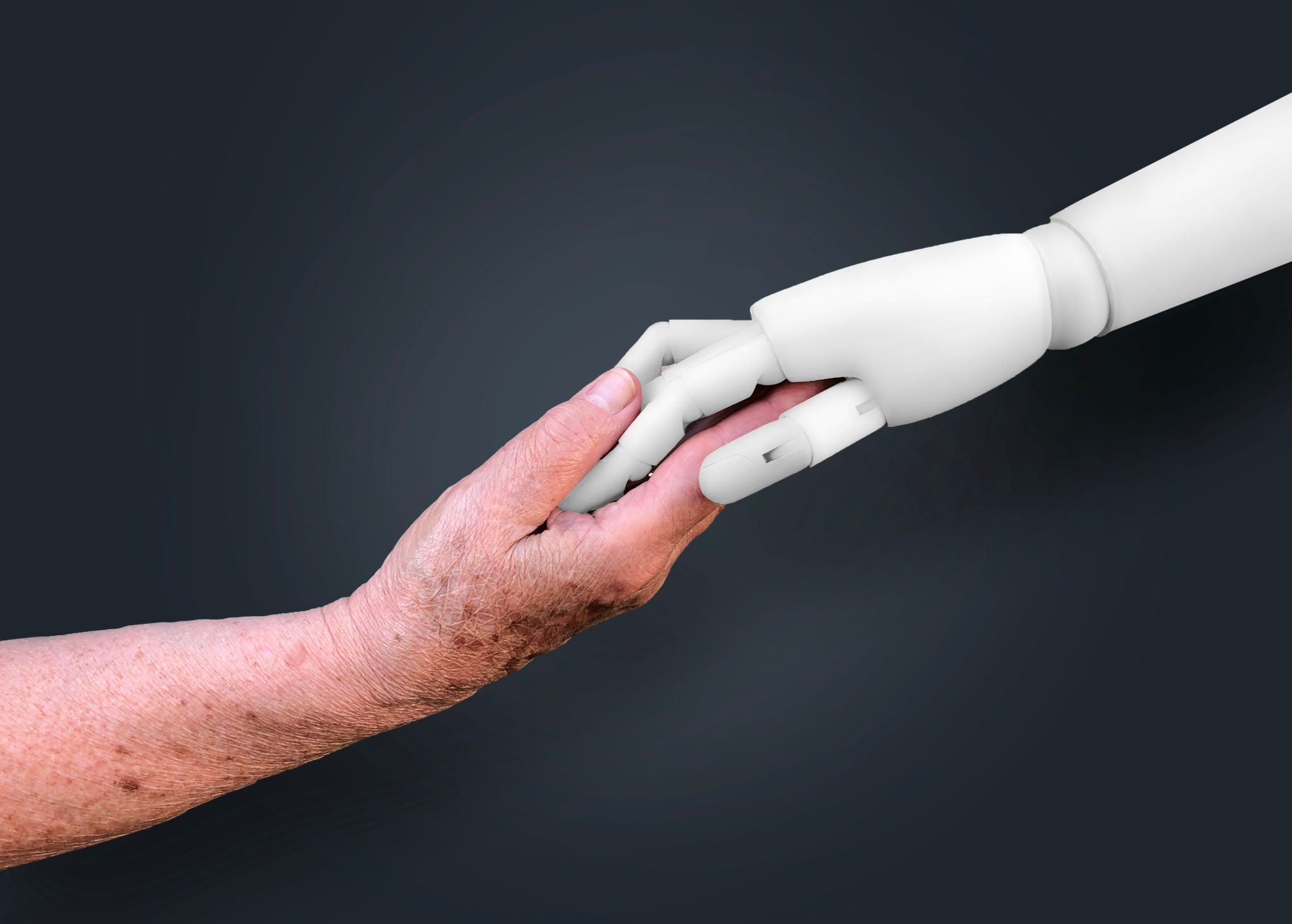Top Innovations in Eldercare: Keeping Up with Industry Trends
Revolutionizing Eldercare: An Overview
In recent years, the eldercare industry has witnessed a remarkable transformation, driven by innovative technologies and changing societal needs. As the global population ages, ensuring quality care and support for the elderly has become a priority. By embracing cutting-edge solutions, the eldercare sector is evolving to meet these demands efficiently and empathetically.

Telehealth and Remote Monitoring
Telehealth has emerged as a crucial tool in eldercare, allowing healthcare providers to offer medical consultations remotely. This innovation not only reduces the need for frequent hospital visits but also ensures timely medical intervention. Coupled with remote monitoring devices, telehealth enables caregivers to track vital signs like heart rate and blood pressure, ensuring the well-being of seniors in real-time.
Remote monitoring systems employ sensors and wearable technology to alert caregivers about any irregularities. These systems are particularly beneficial for managing chronic conditions such as diabetes and hypertension, providing peace of mind for both families and healthcare professionals.
Smart Home Technology
Smart home technology is revolutionizing how seniors live independently. Equipped with voice-activated devices, seniors can control household appliances without needing to move around. This technology enhances safety by enabling features like automated lighting and temperature control.

Moreover, smart home systems often include fall detection sensors and emergency response features, ensuring immediate help in case of accidents. By integrating technology into daily routines, seniors can maintain their independence while having access to necessary support.
Robotics in Eldercare
Robotics is making its mark in eldercare with the development of companion robots and robotic assistants. These robots are designed to provide companionship, remind seniors about medication schedules, and even assist with physical tasks like lifting or moving objects.
- Companion Robots: These robots engage seniors with interactive conversations and activities, alleviating loneliness.
- Robotic Assistants: Designed to aid with household chores, these assistants offer physical support and practical help.

Artificial Intelligence in Healthcare
Artificial Intelligence (AI) is playing a pivotal role in eldercare by enhancing diagnostic accuracy and personalizing care plans. AI algorithms analyze vast amounts of medical data to identify potential health issues before they become critical.
Furthermore, AI-driven platforms can tailor caregiving approaches based on individual preferences and medical histories, ensuring that seniors receive the most effective and personalized care possible.
The Future of Eldercare
The integration of these innovations is indicative of a promising future for eldercare. As technology continues to advance, the focus will remain on improving quality of life for seniors, promoting independence while ensuring safety and well-being.
Adopting these trends not only addresses the challenges of an aging population but also opens doors to new opportunities for caregivers and healthcare providers. By staying informed about these advancements, stakeholders can better navigate the evolving landscape of eldercare, ultimately benefiting seniors worldwide.
